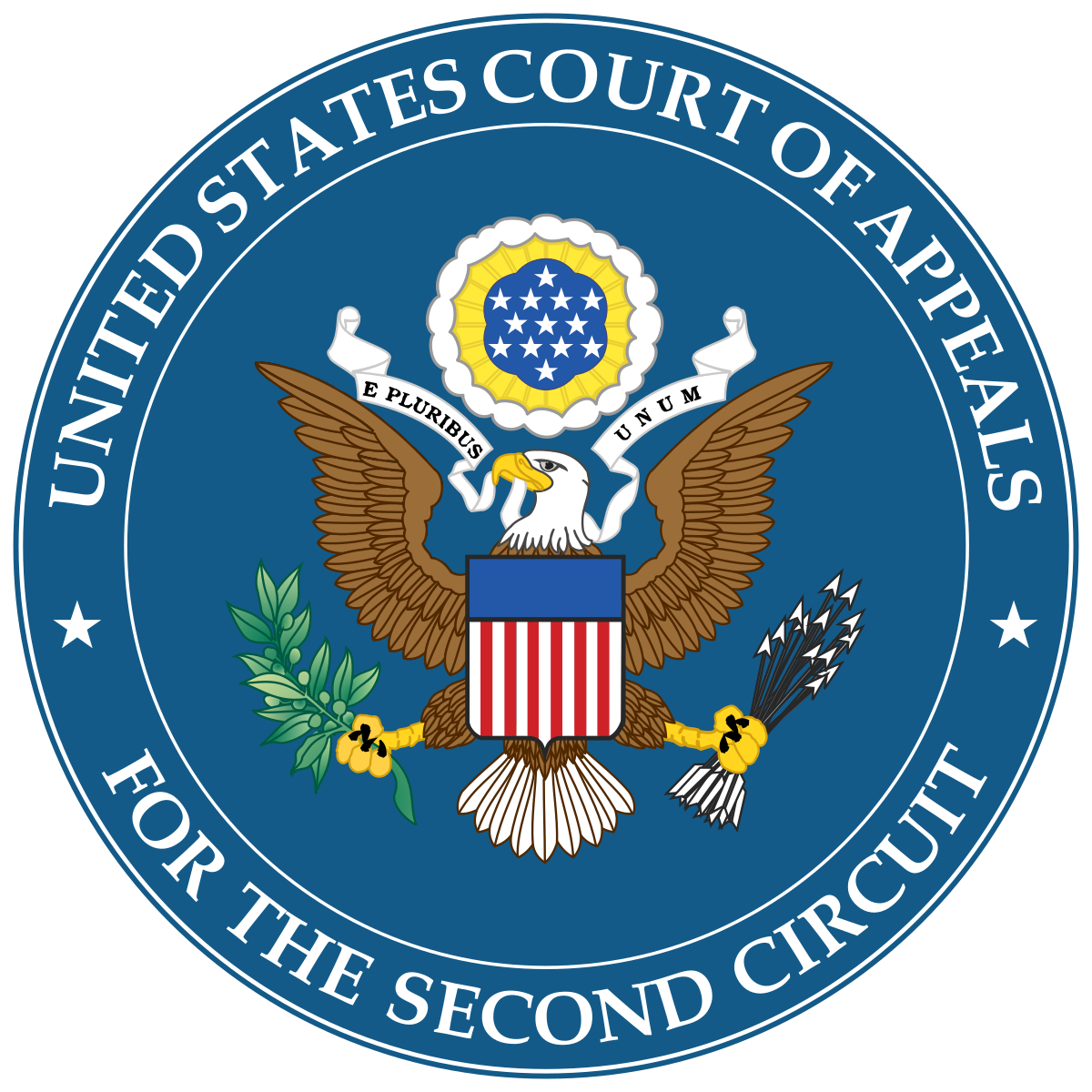Originally published on Forbes.com July 17th, 2014
I’m wondering if Young C. Park might have had that “Better to be lucky, than good” feeling when he heard that he was being sentenced to three years probation and sixth months home confinement. He had pleaded guilty to one count of filing a false corporate income tax return. According to the guidelines, his sentence should have been between 15 and 21 months.
Here is where the luck came in. Based on his record and his crime, the judge was inclined to have him do some time. The luck was the day that he happened to be in court facing his sentence. It was October 13, 2013. That was during the government shutdown, which got the judge thinking that maybe the government could not afford to be locking up people for cheating on their taxes. The cost of probation and home confinement would be borne by Mr. Park. The judge seemed to believe that Mr. Park’s crime merited incarceration, but that it just was not worth the expense.
At the sentencing hearing, the District Court initially revealed that it was inclined to impose a sentence of incarceration in light of Park’s prior convictions and resulting prison sentence. The Court then noted, however, that the “economic problems” caused by the 2013 government shut-down warranted consideration, stating:
I’m going to say that I would probably give a period of incarceration if not for the financial pressures that the Court has, the court system and the government has. Especially low-level federal employees at the present time. And we really can’t afford the luxury of paying another $28,000 to keep this person in jail under the circumstances and I encourage you to appeal.
The Court then expressly reaffirmed that its decision not to impose a sentence of incarceration was based solely on the government shutdown, asserting, “I’m making the record that I am not going to put him in jail only because of the economic plight that we are facing today.”
It turned out that Mr. Park was actually not that lucky to get this break. The government appealed to the Second Circuit, which held that the District Court was not authorized to deviate from the guidelines to save money.
After a review of the record, we conclude that the District Court committed procedural error in imposing a term of probation in lieu of imprisonment for two reasons. First, the only sentencing factor the District Court deemed relevant was the cost of incarceration to the government and the economic problems allegedly caused by the government shut-down. As the Court clearly announced, “I am not going to put him in jail only because of the economic plight that we are facing today.” After emphasizing that its sentencing decision was based solely upon this consideration, the Court then rebuffed defense counsel’s suggestion to “supplement the record,” asserting, “f we have to resentence him, we will later.” The Court also stated that if the Court of Appeals were to reverse, it would “consider all of these factors” at resentencing, clearly indicating that it did not consider the relevant factors in the first instance. The Court therefore committed procedural error by refusing to consider the § 3553(a) factors in deciding what is an appropriate sentence.
Second, and equally problematic, is that the cost of incarceration to the government—the Court’s sole justification for imposing a term of probation rather than incarceration—is not a relevant sentencing factor under the applicable statutes. We agree with the Eighth Circuit that, based on the plain language of § 3553(a), no sentencing factor can reasonably be read to encompass the cost of incarceration. Nor does the statute permit the sentencing court to balance the cost of incarceration against the sentencing goals enumerated in § 3553(a).
The whole thing is a bit on the lawyerly side, but if you are interested in how federal sentences get adjusted it is worth reading what Jack Townsend has written. He has indicated that he is revising his Federal Tax Crimes Book in light of this case.
What I like about this case is that the original sentencing decision is the type of thing I might have done if I were a judge. It calls to mind the case of Craig E. Braun, whose sentence for tax evasion was reduced to a fine in reaction to President Ford’s pardon of Richard Nixon. Apparently, the government did not bother to appeal that one.
You can follow me on twitter @peterreillycpa.































































































